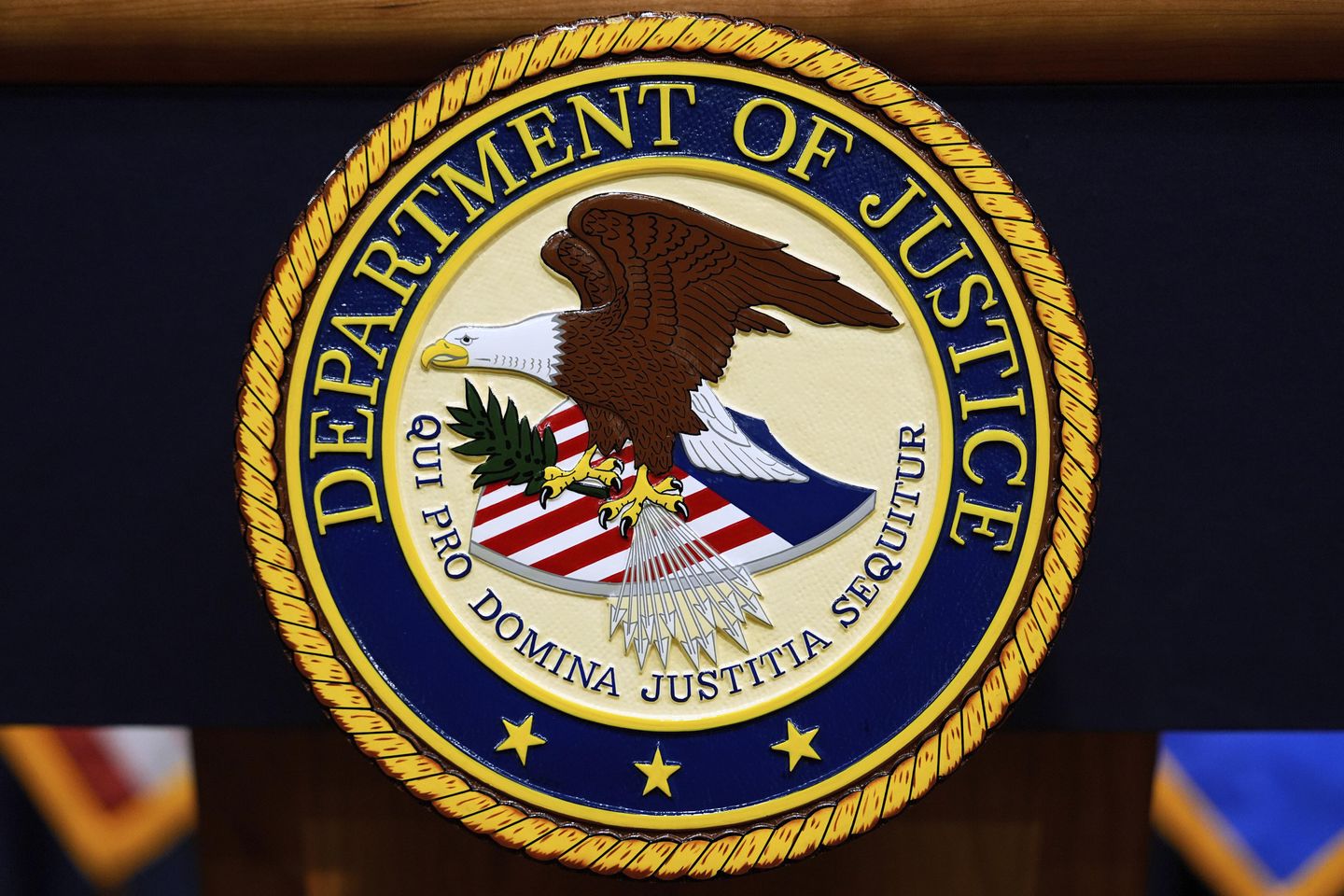
The Department of Justice has moved swiftly to push past judicial blocks on Trump administration policies since the Supreme Court ruled that nationwide injunctions likely violate longstanding federal law.
The Justice Department asked U.S. District Judge Denise J. Casper, an Obama appointee in Massachusetts, to modify a nationwide injunction on an election integrity executive order on July 3 — less than a week after the high court’s landmark ruling.
The injunction came in a challenge to Executive Order 14248, “Preserving and Protecting the Integrity of American Elections.” The block prevented the administration from moving forward with several parts of the order, which aims to increase safety and integrity in national elections in every state.
“In Trump v. CASA, Inc., the Supreme Court held that federal courts lack the power to issue universal injunctions,” a Justice Department lawyer noted in the filing, referring to the high court’s landmark ruling that limits nationwide injunctions.
In another case involving a nationwide injunction, the Justice Department has asked U.S. District Judge Deborah L. Boardman in Maryland to modify her block on the administration’s directive to scale back funds and staff for Americorps, an independent agency focused on volunteerism.
Several states had challenged President Trump’s move, and Judge Boardman, a Biden appointee, had ordered the administration to restore AmeriCorps staffing and grants.
And on Tuesday, the Justice Department asked U.S. District Judge Matthew F. Kennelly — a Clinton appointee in Illinois — to alter an injunction blocking the Department of Labor from restoring merit-based opportunities for contractors.
The DOJ has requested the judges update the terms of their injunctions, making them not so broad but rather pertain to parties involved in the immediate litigation.
The requests follow a monumental win for Mr. Trump as his administration looked for ways to counter judges who were issuing universal injunctions blocking his policies.
On the final day of the Supreme Court’s 2024-2025 term, the justices said in a 6-3 ruling that lower court judges issuing nationwide injunctions likely run afoul of the Judiciary Act of 1789. The case, Trump v. CASA, involved a challenge to Mr. Trump’s move to end birthright citizenship.
But the question that came to the court focused on the authority of district court judges to block nationwide policies after a district court judge issued a nationwide halt to the birthright citizenship order.
In the majority opinion, Justice Amy Coney Barrett said challengers could file class actions as a way to contest executive policies and receive universal relief.
Hours after the High Court’s decision, a class action suit was launched by the American Civil Liberties Union, representing a pregnant woman and other families who had a child born since the president signed the birthright citizenship order. They argue it is unconstitutional and a violation of the 14th Amendment.
On Thursday, a federal judge in New Hampshire granted the class certification and issued a new nationwide injunction. But he delayed his ruling for seven days, allowing the Trump administration time to appeal.










